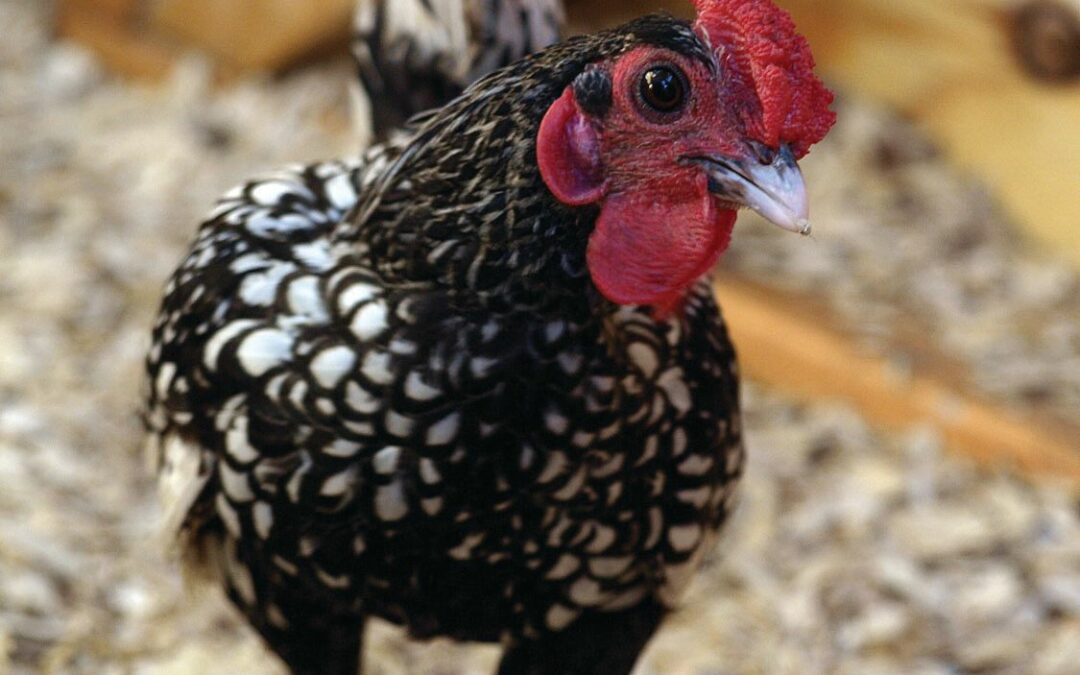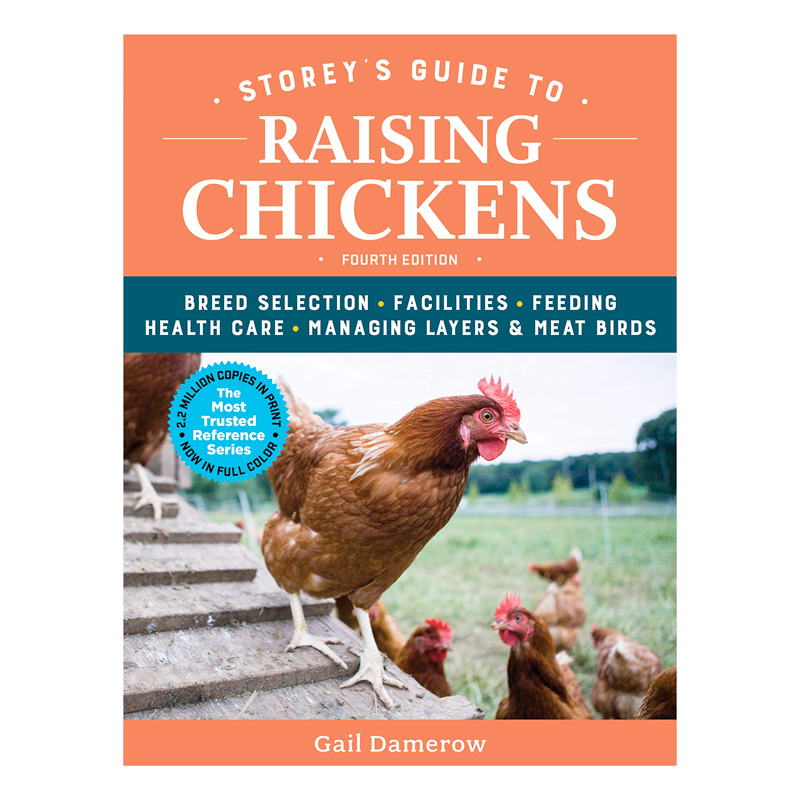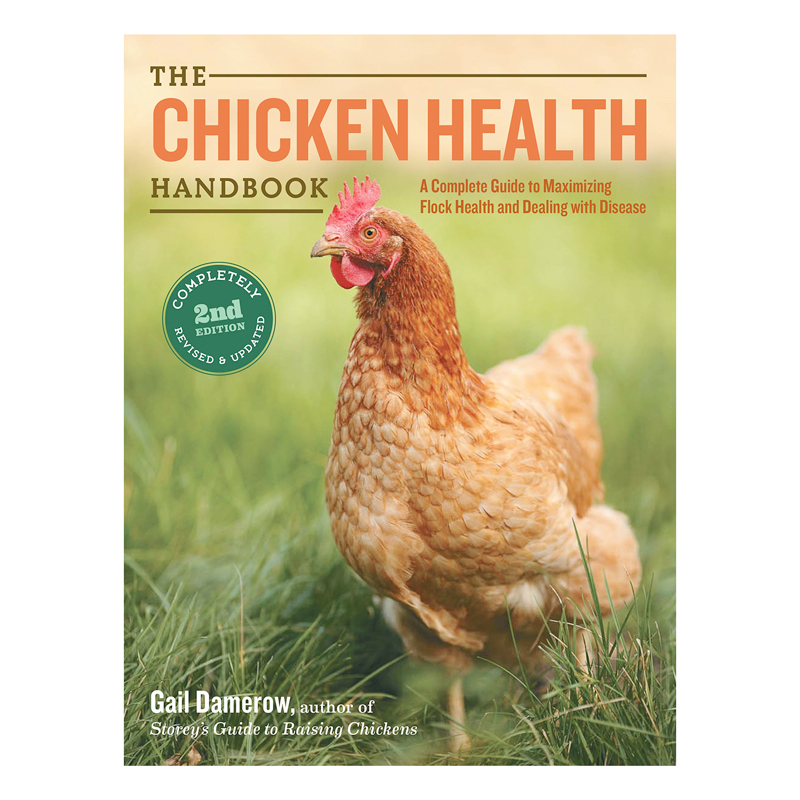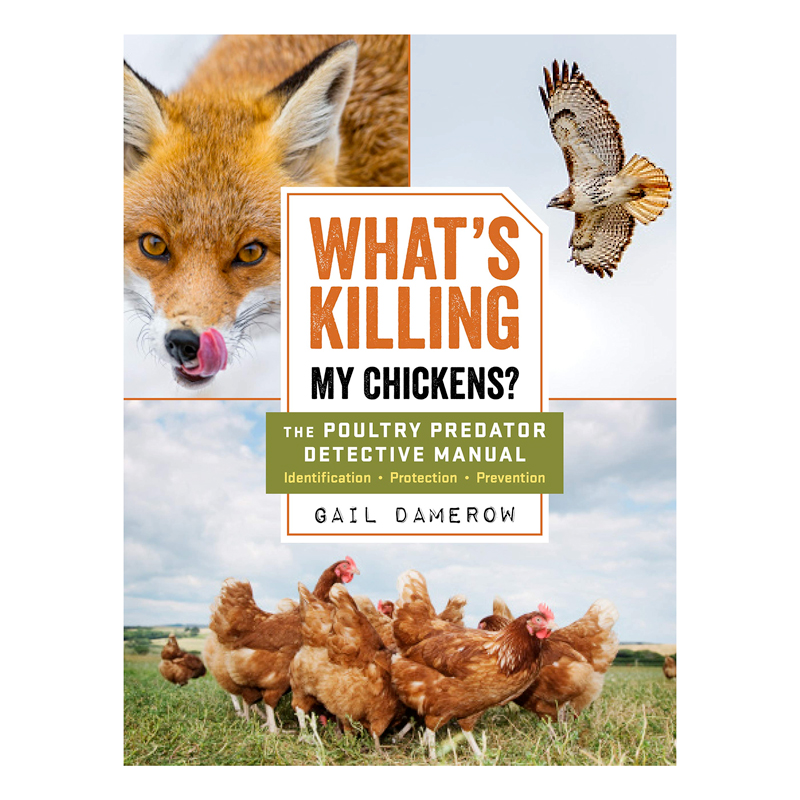Marek’s disease is a common and contagious illness that affects domestic chickens worldwide. Continuing our interview series with Gail Damerow, poultry expert and best-selling author, we ask her for details about Marek’s disease.
What Is Marek’s disease?
“Marek’s disease is a cancerous condition resulting from infection with a herpesvirus. This virus affects chickens, but not humans,” Ms. Damerow explains.
“In chickens, it can take on many forms. It may result in no apparent signs at all. Or, it may result in temporary paralysis, blindness in one eye or both, or sudden death.
“The virus works by switching off a chicken’s tumor-blocking genes. It also attacks cells that produce antibodies, thus suppressing immunity.
“This double-whammy causes the development of tumors, and also increases the likelihood of contracting other diseases. Marek’s disease, therefore, often appears in combination with such other conditions, such as coccidiosis, E. coli, and respiratory infections.”
“The disease is so common that you can safely assume your chickens have the virus, even if they don’t show any signs of infection. Like many viruses, Marek’s disease is sneaky.
“It can remain dormant in a chicken’s body. At any time, it may become active as a result of stress. Some stress conditions that can trigger it are overcrowding, poor ventilation, or an overload of worms. Even the natural process of maturing and beginning to lay can be a trigger,” she says.
“The virus may also cause slow-growing tumors that produce no visible signs. As the chicken ages, the tumors become so massive the bird can no longer survive.”
How does a chicken get Marek’s disease?
“The virus is shed in infected skin and feather follicles. Other chickens get it by inhaling infectious dust.
“The first few weeks of a chick’s life are the most critical time for infection. Chicks that live away from mature chickens until the age of 5 months develop a natural immunity that helps them overcome the Marek’s virus as adults.
“Some chicken strains are genetically more resistant than others. Fayoumis, for instance, have an ultra-strong constitution. They are resistant to Marek’s and many other diseases.
“Sebrights and Silkies, on the other hand, tend to be particularly susceptible. So are some strains of Polish, among other exotic breeds,” Ms. Damerow cautions.
What is the cure for Marek’s disease?
“There is no known treatment for Marek’s disease. But there is a vaccine.”
Tell us about the vaccine.
“Turkeys carry a related non-tumor-forming virus that prevents the Marek’s virus from developing tumors in chickens. Marek’s vaccine derives from the turkey virus, usually in combination with a weakened form of the Marek’s virus.
“For the vaccine to be effective, chicks must be innocculated before they encounter the Marek’s virus. So chicks commonly receive the vaccine on the day they hatch. Many hatcheries offer the option to customers who purchase chicks,” Ms. Damerow explains.
“Vaccination does not prevent the possibility that the chickens may become infected by, and therefore spread, the Marek’s virus. However, it does prevent the virus from causing tumors and paralysis. It also reduces shedding of the virus by infected birds.
“Vaccination is not 100% foolproof. About 5% of vaccinated chickens succumb to Marek’s disease anyway.
“Also, as the virus mutates and becomes progressively more virulent, currently available vaccines become less effective. So newer, stronger, vaccines must be developed.”
Where does the name Marek’s come from?
“The condition was first described by Hungarian veterinarian József Marek in 1907, and has become one of the most widely studied diseases of chickens. Entire books have been written about it, yet we still don’t have the full picture of exactly how the virus works.
“However, we have chickens to thank for our first cancer prevention vaccines. The original purpose of such vaccines was to reduce deaths from Marek’s virus. Even though this cancer-inducing herpesvirus does not affect humans, its discovery led to important and potentially life-saving cancer research.”

Feature Photo: Silver Sebright courtesy of Jessica Dial. Gail Damerow’s headshot by The Chicken Chick, Kathy Shea Mormino.




